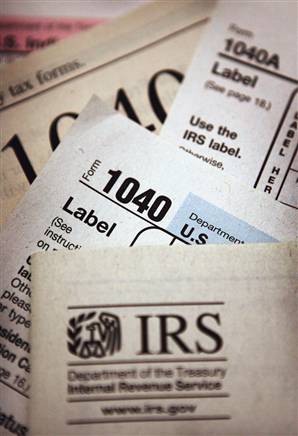
- primary bank checking account
- Internet savings account
- mortgage accounts
- 401k plan
- 529 college savings plan
- credit card
- credit card rewards program
I added these accounts to my "dashboard" by providing my online usernames and passwords. Once they are all in the system, Yodlee automatically connects periodically to keep the information on the website up-to-date for you. This allows a whole host of features, but I'll describe the ones I've been using the most.
Net Worth Statement - this allows me to see my entire financial portfolio in one place. There is even an option to include estimates of equity in holdings that do not have an online account associated with them, like I do with our houses (I just had to; seeing all the associated mortgage debt was too unbearable otherwise). The net worth number is also tracked and graphed over time.
Transactions - here is where I get to finally connect back to my beloved spreadsheets. Yodlee pulls in all of the transactions for my various accounts and I can export them to a spreadsheet. What really helps is that Yodlee can be configured to automatically categorize the transactions. For example, I've specified that any transaction that comes through with a description containing "Pride Disposal" is automatically categorized into my "garbage bill" category. Some categorization even takes place without any work necessary by the user; Yodlee is very good at putting transactions from large restaurant franchises into the "Restaurants/Dining Out" category, for example.
At the end of each month, I log in to Yodlee, make a quick run through the transactions to make sure the categorization is accurate (I'm still refining my categorization rules), and then export the transactions in spreadsheet format. I copy that data into a sheet stored on my computer, which has a series of processing rules to display the categories in a way that makes the most sense to me. Many (most?) people can skip the exporting and spreadsheet tweaking steps as Yodlee has another great feature for organizing your data, namely...
Spending Reports - This is where the site gets fancy. The first thing you see on this screen is a pie chart showing a breakdown of all of your spending, along with a table alongside it that shows the breakdown of your expenses. You can use a variety of filters on the report to limit it to the previous week, month, year, etc. or show the activity from a defined group of accounts. Even cooler: say you are surprised by the dollar amount next to Restaurants (like I usually am)...you can simply click on that category name and instantly see all of the transaction details for that category in the specified time frame. Awesome!
This post is much too long already, so let me just quickly mention some of the other features.
- Yodlee Bill Pay - pay your bills online
- Budgeting - set targeted amounts for spending and track progress
- Alerts - receive emails based on custom rules (large withdrawals, exceeding budgets, etc.)
By using this system, I've reduced the amount of time spent recording/categorizing financial records, while simultaneously gaining instantaneous access to the current and historical status of all of my financial accounts. If you're really nuts about finances and numbers, the tool is worth checking out, especially considering that it is FREE!
